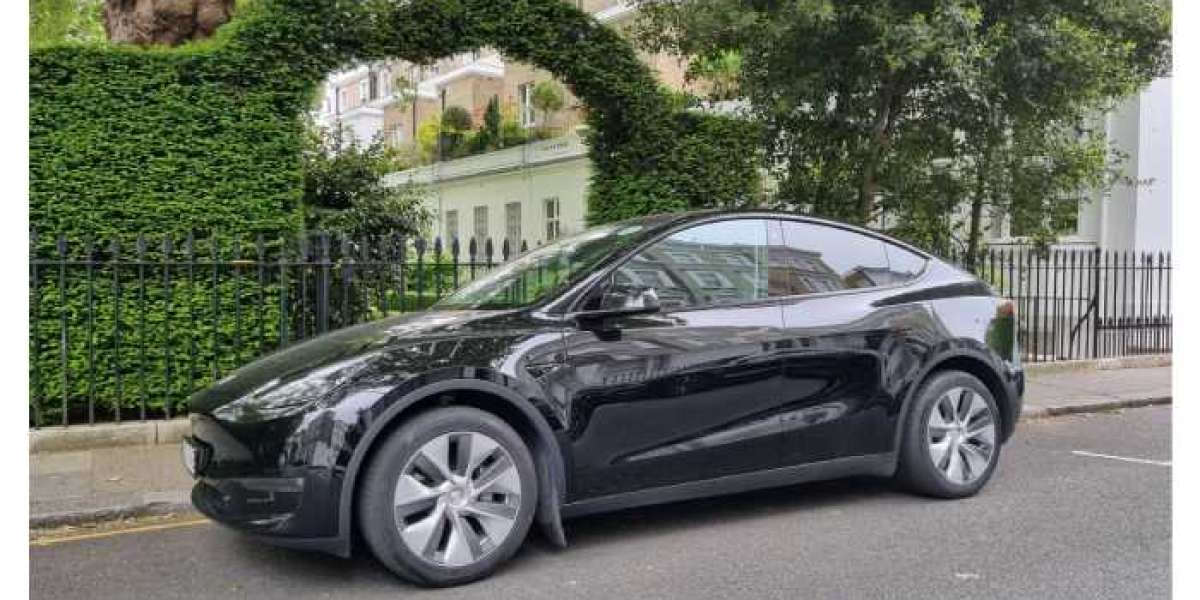When planning a trip to Australia, renting a car is one of the best ways to explore the diverse landscapes, charming towns, and breathtaking sights at your own pace. Whether you're heading to the bustling cities like Sydney and Melbourne or venturing into the beautiful outback, an Australia car rental can make your journey more comfortable and flexible. However, before you book your rental, it's crucial to understand the rental policies to ensure a smooth experience and avoid unexpected surprises. Here’s everything you need to know about Australia car rental policies before booking.
Age Restrictions For Renting A Car In Australia
One of the first things to consider when booking an Australia car rental is the age requirement. Most rental agencies in Australia require drivers to be at least 21 years old, although this may vary slightly depending on the company. Some agencies may allow drivers as young as 18, but they typically impose additional charges known as "young driver fees."
- Young Driver Fee: Drivers aged between 21 and 25 often incur this additional charge. The amount varies from rental agency to agency, and it can add a significant cost to your rental.
- Maximum Age Limit: On the flip side, some car rental companies have upper age limits (usually around 75 to 80 years old). If you're over this age, you may need to provide additional documentation, like a medical certificate, and the availability of rental cars may be limited.
Driver’s License Requirements
To rent a car in Australia, you'll need a valid driver’s license. If you're a foreign tourist, your international driver’s permit (IDP) might be required along with your regular home country driver’s license. However, many rental companies in Australia accept a valid English-language license, so an IDP may not always be necessary.
- License Validity: Your driver’s license should be in good standing and held for at least 12 months prior to the rental date. If your license is not in English, you may need to present an official translation or an international driver’s permit (IDP).
- Temporary Residents: Foreign visitors on temporary visas may need to check the requirements in advance, as some rental agencies have specific policies for overseas visitors.
Insurance Coverage For Australia Car Rental
Insurance coverage is one of the most important aspects of renting a car. In Australia, the rental company will typically offer several types of coverage, and understanding what each policy covers is essential for avoiding unnecessary costs.
- Standard Insurance: This usually includes third-party insurance, which covers the rental car in the event of damage or theft, but it may come with a high excess (deductible). This means you may still be liable for a significant amount in the event of an accident or damage.
- Excess Reduction: Many rental agencies offer Excess Reduction options to lower the deductible you’d have to pay in case of an accident. These options can include a daily fee that reduces the excess, but they can significantly increase your rental cost.
- Comprehensive Insurance: Some companies offer full coverage for an extra fee, which would cover damage to the rental vehicle as well as third-party liability. Always inquire about the specifics of the insurance policies and check if the coverage is suitable for your travel plans.
- Personal Accident Insurance: You might also be offered personal accident insurance (PAI), which covers you for injuries sustained while driving the rental vehicle. Depending on your existing travel insurance or health coverage, you might not need this.
Fuel Policies
Understanding the fuel policy is vital for an Australia car rental. Rental agencies typically offer a few different fuel policies, and each has its own set of rules and expectations.
- Full-to-Full: This is the most common and fairest policy. You pick up the car with a full tank of fuel, and you’re expected to return it with a full tank. If you return the car with less fuel, you’ll be charged for the missing fuel, usually at a higher rate than local fuel prices.
- Pre-Paid Fuel: Some rental companies offer the option of pre-paying for a full tank of fuel. While this might seem convenient, it often doesn’t provide good value, especially if you return the car with unused fuel. Always calculate whether this is a better deal based on your estimated mileage.
- Same-to-Same: Some companies offer a "same-to-same" fuel policy, where you return the car with the same amount of fuel as when you picked it up. However, this can sometimes be tricky if you're not sure about the initial fuel level, so be sure to double-check before driving off.
One-Way Rental Fees
Many travelers in Australia choose to rent a car for one-way trips, such as picking up a vehicle in Sydney and returning it in Melbourne or Cairns. However, most rental companies charge an additional one-way rental fee for this service, which can vary depending on the pick-up and drop-off locations.
- Fees: One-way rental fees can range from a small surcharge to a significant additional cost, especially if you're traveling between different states or remote regions. Be sure to clarify these fees in advance when booking your Australia car rental.
Mileage Limits
Some rental companies in Australia offer unlimited mileage, especially for longer-term rentals, while others impose restrictions. If you're planning to drive a lot, be sure to confirm the mileage limits and understand what happens if you exceed them.
- Unlimited Mileage: Many rental agencies offer unlimited mileage as part of the standard package, which is ideal if you're planning a road trip across Australia.
- Limited Mileage: If the rental comes with a mileage limit, be aware that additional charges may apply for every kilometer driven over the limit. This is more common for budget or specialty vehicle rentals.
Car Type And Equipment Add-Ons
When booking an Australia car rental, make sure you’re getting the right vehicle for your trip and inquire about additional equipment you may need.
- Car Types: Rental agencies typically offer a range of vehicles from compact cars and SUVs to luxury cars and campervans. Always choose a vehicle that fits your travel needs—whether it's a fuel-efficient car for city driving or a 4WD for off-road adventures in the outback.
- Child Seats and GPS: If you're traveling with children, most rental companies offer child car seats for an extra fee. It's also a good idea to book a GPS unit if you're unfamiliar with the Australian roads. Alternatively, consider using your smartphone with a data plan for navigation.
Traffic And Parking Rules
Australia’s road rules are generally similar to those in other English-speaking countries, but it's important to be aware of specific local driving laws and parking rules.
- Driving on the Left: In Australia, vehicles drive on the left side of the road, and the steering wheel is on the right side. If you’re not accustomed to driving on the left, take extra caution until you get used to the change.
- Speed Limits: Speed limits are clearly marked on roads, and they are strictly enforced. Pay attention to the signs, especially in urban areas and near schools, where the speed limits can be lower.
- Parking: Parking can be challenging in major cities, so make sure to check signs carefully to avoid fines. Always park in designated areas and avoid parking in no-standing zones, which are common in urban centers.
Conclusion
Australia Car Rental can be an exciting and convenient way to explore the country, but understanding the car rental policies is essential to ensure a hassle-free experience. By familiarizing yourself with the age requirements, insurance options, fuel policies, and any additional fees, you can confidently navigate the booking process and make choices that best suit your travel plans. Always double-check the rental terms and ask questions if you're unsure about any aspect of the policy. With the right knowledge, you’ll be ready to enjoy a memorable and stress-free road trip across Australia.








